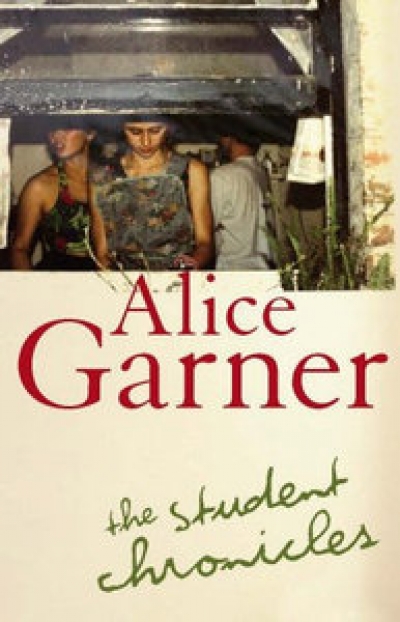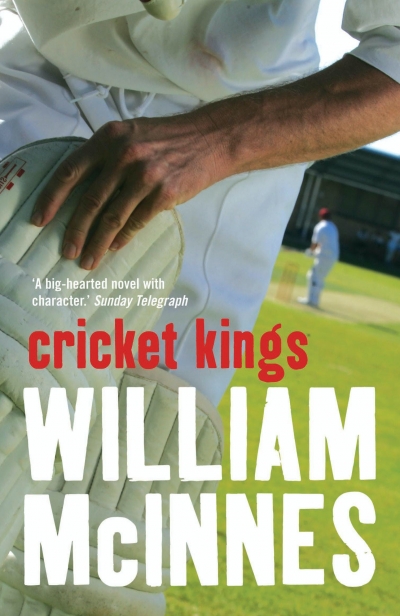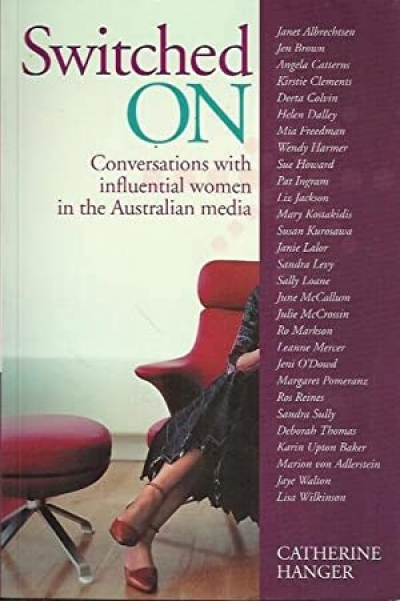Accessibility Tools
- Content scaling 100%
- Font size 100%
- Line height 100%
- Letter spacing 100%
Archive
Surprise, surprise
This year’s inclusion of two Australian novels on the Man Booker Prize shortlist is a rare event, but no one was more surprised than one of the authors, M.J. Hyland, listed for Carry Me Down. Hyland went along to the dinner to support her friend Andrew O’Hagan, who was widely expected to make the final list for Be Near Me. Hyland was amazed to find herself on the shortlist. O’Hagan was not shortlisted. Nor were several other fancied contenders, including Nadine Gordimer, David Mitchell and Peter Carey, whose Theft: A Love Story seems to be the work of a novelist at the height of his powers.
... (read more)Diaspora: The Australasian experience edited by Cynthia Vanden Driesen and Ralph Crane
by Rick Hosking •
Switched On: Conversations with influential women in the Australian media by Catherine Hanger
by Georgina Arnott •
Bellini, Giorgione, Titian, and the Renaissance of Venetian Painting by David Alan Brown et al.
by Luke Morgan •
Saving Australia: Curtin’s secret peace with Japan by Bob Wurth
by David Day •
Away Game: Australians in American boardrooms by uke Collins
by Marina Cornish •










